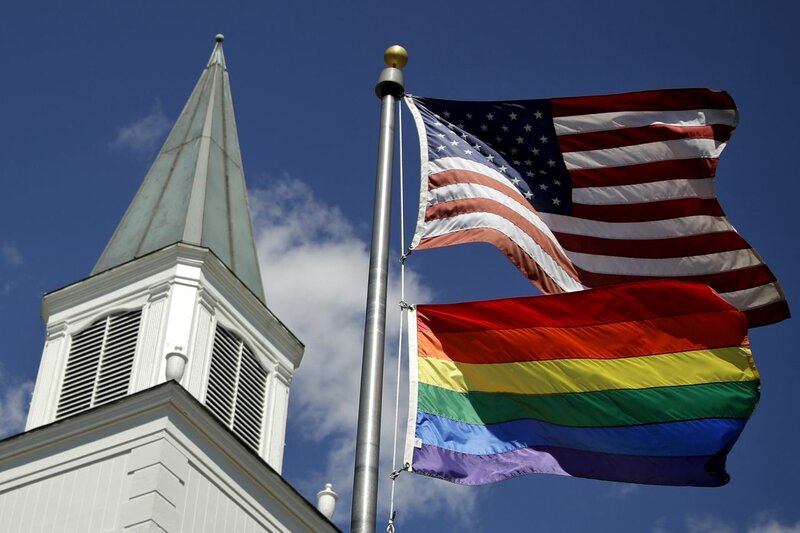Posted on Mar 4, 2022
Methodist conservatives to launch breakaway group in May
1.57K
4
0
4
4
0
Posted 4 y ago
Read This Next



 Religion
Religion Christianity
Christianity Conservative
Conservative LGBTQ+
LGBTQ+


